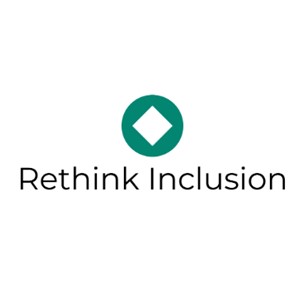Neurodiversity
Neurodiversity refers to the natural differences in how people’s brains function, including conditions such as autism, ADHD, dyslexia, and others.
Rather than viewing these as deficits, neurodiversity emphasizes that these variations are part of human diversity and should be respected and supported. It is important for organisations to support neurodiverse staff and members of the public to promote inclusivity, ensure equal access to opportunities, and meet legal responsibilities under equality laws.
Supporting neurodiversity can also enhance innovation, creativity, and problem-solving within teams, as neurodivergent individuals often bring unique strengths and perspectives.
To create an inclusive environment, workplaces may need to make reasonable adjustments, such as providing quiet spaces, offering flexible work schedules, using clear and direct communication, and supplying assistive technologies.
Training staff is essential to build awareness, reduce stigma, and equip teams with the knowledge to provide appropriate support and avoid discrimination. A well-informed and inclusive workplace culture benefits everyone by fostering respect, collaboration, and productivity.








